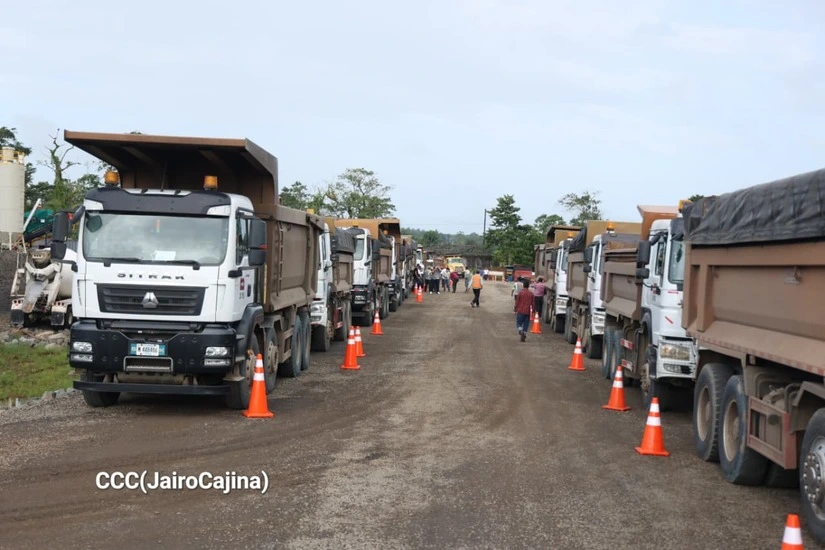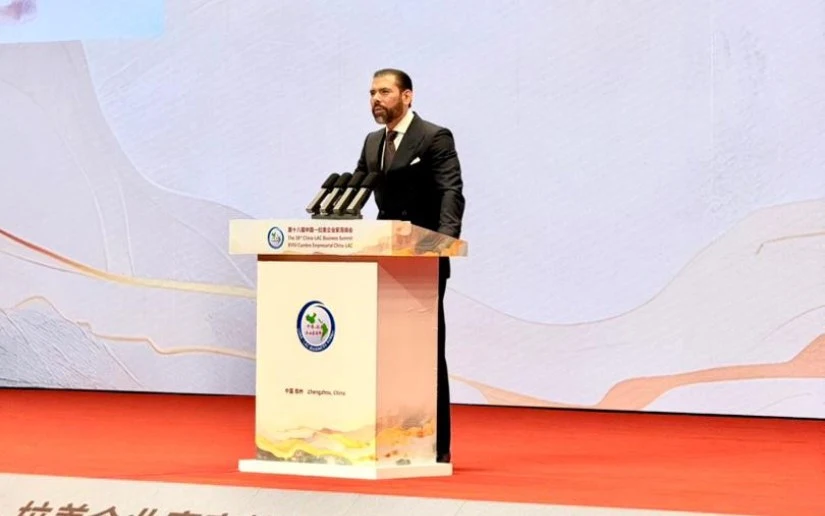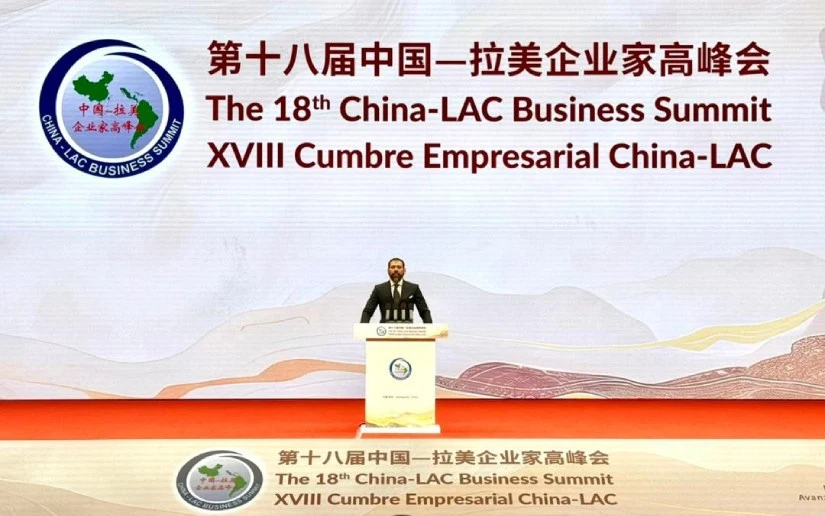Nicaragua Approves Law Creating Special Economic Zones of the Belt and Road Initiative
With the unanimous support of all 91 members of parliament, the National Assembly approved the Law Creating Special Economic Zones of the Belt and Road Initiative. This law will offer tax, customs, port, border, and administrative incentives, all with the aim of diversifying exports, increasing foreign investment, generating employment, and enhancing Nicaragua's competitiveness.
In its explanatory statement, the initiative explains that the Nicaraguan State, through the Government of Reconciliation and National Unity, promotes the country's socioeconomic development, which it "achieves through various strategies, programs, and actions such as attracting and promoting Foreign Direct Investment (FDI) and domestic investment, exports, productive diversification, formal job creation, technology transfer, and boosting national competitiveness."
In this regard, this initiative was submitted to promote the creation of Special Economic Zones, which represent a model for attracting and facilitating investment that has had a significant impact on boosting global trade and the development of nations, without compromising national sovereignty. This law is based on the Constitution of the Republic, which authorizes the promotion of economic development zones without infringing on national sovereignty. This type of model has been successful in various countries around the world, such as the People's Republic of China, the United Arab Emirates, Vietnam, Bangladesh, Panama, Peru, Mexico, Venezuela, Ecuador, and others.
The "Law for the Creation of Special Economic Zones of the Belt and Road Initiative" aims to regulate the creation, organization, operation, administration, and development of these entities, based on economic development and national production that guarantees productive integration, job creation, the promotion of international trade, regional development, legal certainty, social justice, and environmentally sustainable practices.
The law will also regulate applicable tax, customs, port, border, administrative, and other incentives, based on the country's economic development.
It will apply to legal entities—public, private, mixed, national, or foreign—operating in the Belt and Road Special Economic Zones in sectors such as manufacturing, agribusiness, technology, value-added services that facilitate international trade, and other sectors of national interest; as well as to state agencies and entities directly and indirectly involved in their development.
In addition, a Special Commission will be established, overseen by the Directorate of the Belt and Road Special Economic Zones Regime. This Commission will be composed of the Presidential Advisor for Investment Promotion, Trade, and International Cooperation; the Minister of Development, Industry, and Commerce; the President of the Central Bank of Nicaragua; the Minister of Finance and Public Credit; the Minister of Transportation and Infrastructure; the Attorney General; and the Executive Director of the National Free Trade Zone Commission.
The initiative also stipulates that the administration of the Belt and Road Special Economic Zones Regime will be the responsibility of the National Free Trade Zone Commission.
Representative Wálmaro Gutiérrez explained the advantages for Nicaragua of establishing this development model, which has been successful in other nations that have reduced general and extreme poverty.
He indicated that this law allows Nicaragua to establish special economic zones in regions of the country to promote well-being and development, citing the Caribbean, Río San Juan, Ometepe Island, and communities in the Pacific region, specifically the area where the more than 100-kilometer Coastal Highway is being built, as examples.
"Imagine if we could declare the entire coastal strip a Special Economic Zone, granting these privileges to all companies interested in investing. Can you imagine the investment boom that would mean for the coastal highway, which is already attractive for tourism? And what about Jinotega, Matagalpa, Ometepe Island, Estelí as a special zone for tobacco production, and the Caribbean Coast? Who can deny that the Caribbean has extraordinary appeal and enormous economic potential? This is how we generate employment, reduce poverty, and attract investment. This is the purpose of the Special Economic Zones of the Belt and Road Initiative. With all these examples, we're making it clear that we're not talking about Free Trade Zones; we're talking about something else entirely," said Gutiérrez.
Source: 19 Digital




